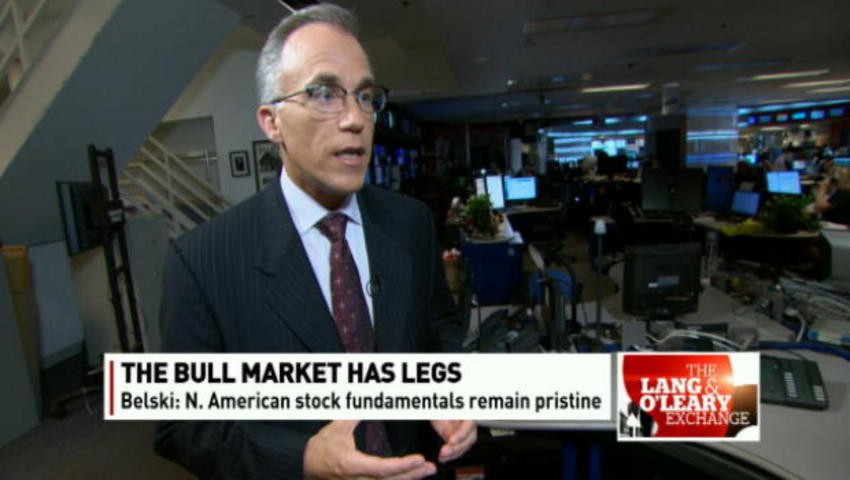What EmergingMarket Woes ETFs Riding NineDay Hot Streak MoneyBeat
Post on: 8 Май, 2015 No Comment

Merging Markets
Don’t look now, but the biggest emerging-market stock ETFs are set to stretch their winning streak to nine session, their longest since September.
It was a brutal few months for emerging-markets, but a recent stock surge has erased nearly all the damage done earlier this year. Rather than an improving fundamental outlook, traders say recent gains were sparked by hedge funds caught wrong-footed.
A 7% jump over the past nine sessions leaves the iShares MSCI Emerging Markets ETF down just 1% in 2014, compared with a loss of 12% as recently as Feb. 2. By way of comparison, the Dow Jones Industrial Average is down 0.3% in 2014, while the S&P 500 is up 1.7%.
Losses look slight considering list of troubles facing emerging markets in 2014: a late-January currency swoon; a slowdown in Chinese manufacturing; Russia’s annexation of Crimea; and, most importantly, worries that changes to Federal Reserve policies will squeeze cash from the developing world.
Those concerns haven’t gone away. Overnight economic data showed Chinas manufacturing sector showed sluggish activity in March.
Rather, ETF and stock traders say, the immediate trigger for recent gains is technical more than fundamental.
Emerging-markets were popular targets for hedge-fund short-sellers this year (short-sellers borrow shares and sell them, hoping to buy back later after the price falls).
Certain short-sellers, often hedge funds, use their short-sale proceeds to buy fast-moving “momentum stocks,” said Dave Lutz, head of ETF trading and strategy at Stifel Nicolaus. In recent weeks, these so-called momentum stocks, including shares in the biotechnology and Internet sectors, were hit with waves of selling. That prompted short-term traders to sell “long” bets on momentum stocks and simultaneously “cover” their short bets against emerging markets, Mr. Lutz and another trader told The Wall Street Journal.
“Hedge funds have been taking down their leveraged books,” Mr. Lutz said, using Wall Street parlance.
While seemingly unrelated, the price moves in those sectors demonstrates this premise in action: The EEM ETF started its winning streak on March 20, at the same time that highfliers such as the iShares Nasdaq Biotechnology ETF (IBB) and the Global X Social Media ETF (SOCL) began steep tumbles.
Just before emerging markets shot higher, investors surveyed by Bank of America Merrill Lynch reported their lowest allocation to emerging-market stocks ever. Now, money is chasing gains in ETFs after a year of cash draining away.
The EEM has pulled in $1.5 billion over the past week, while the Vanguard FTSE Emerging Markets ETF (VWO) has taken in $324 million, according to ETF.com. In the 12 months ended March 25, each ETF shed roughly $13 billion.
“This is indeed an encouraging sign of the space … which has gone through a prolonged period of sustained outflows,” said Paul Weisbruch, vice president of ETF and options sales and trading at Street One Financial.
Still, some investors contend that emerging-markets, which have lagged behind the S&P 500 since the end of 2011, are more trouble than they’re worth.
Adam Grimes, chief investment officer at Waverly Advisors, a research and advisory firm in Corning, N.Y. says that long-term investors have no business dabbling in emerging markets at this point. Instead, he says to keep stock positions confined to the U.S. and Europe.
“Do you get your best bang for your buck, do risks justify the returns?” he said. “The answer is still, there are a lot of risks, and it’s an uncertain path forward.”














